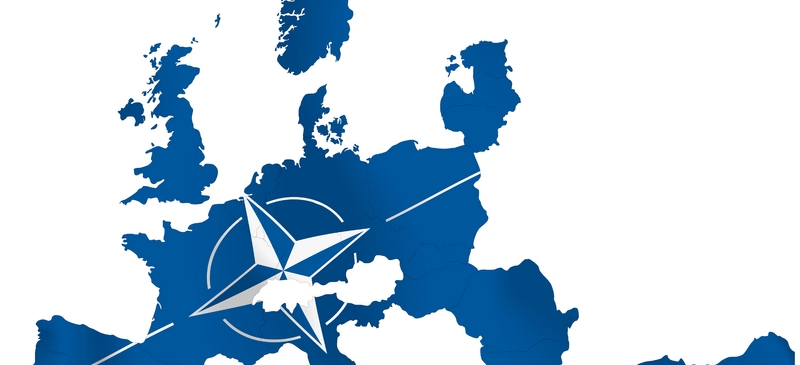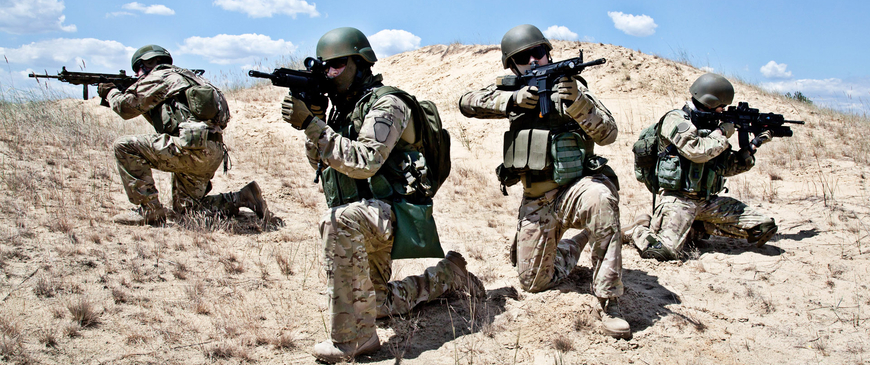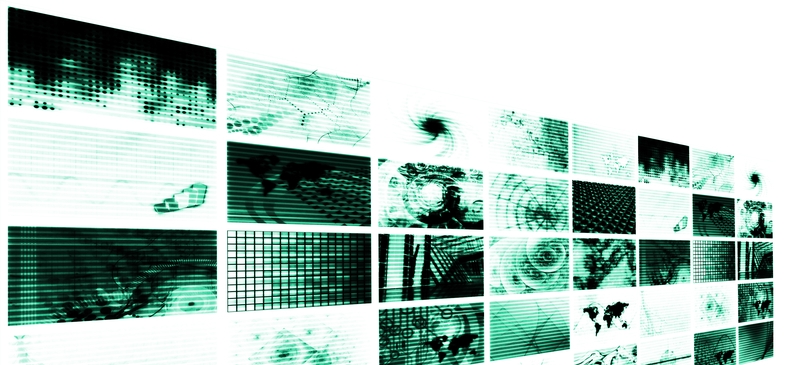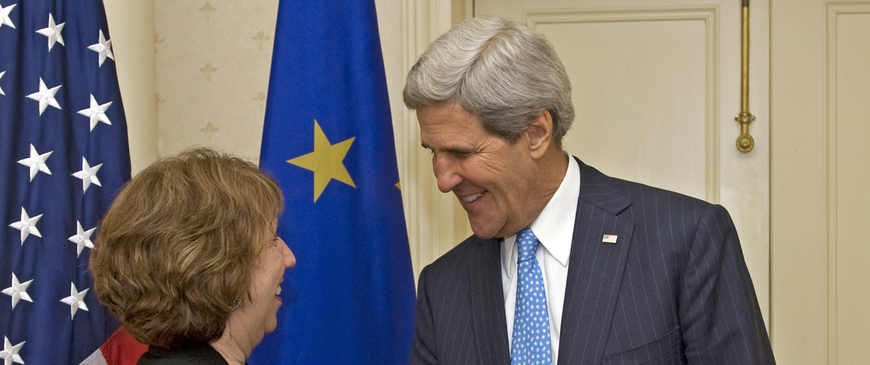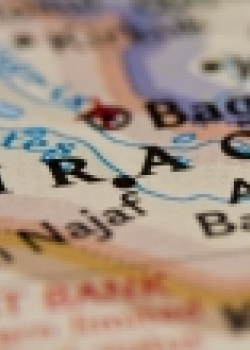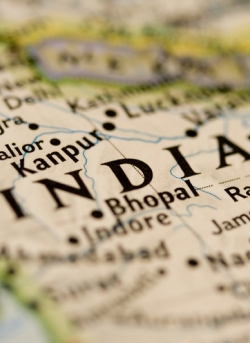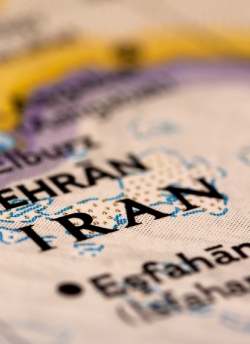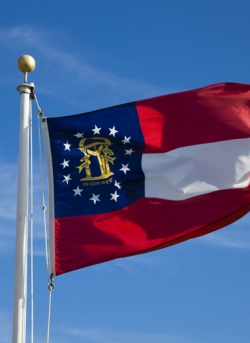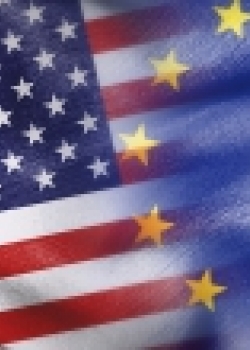Transatlantic relations
Drinking the Kool-Aid
01 February 2006
Prospect
Was the Iraq adventure doomed to fail or did the US administration mess it up? A new crop of books suggests that the nation-builders of Iraq were fighting the right war in theory but not in practice.
The Iraq war started as a war of ideas. It erupted from the most...
The Iraq war started as a war of ideas. It erupted from the most...
India tilts to the west as the world's new poles emerge
12 January 2006
The Guardian
Nothing is permanent in history, including America's domination of the global economic and political systems. Assuming China and India keep growing at their current rates, the unipolar world of recent years - topped by the US - will be replaced by a multipolar world within a few decades.
Once its "unipolar...
Once its "unipolar...
The geopolitics of 2026
02 January 2006
The Economist
History is traced not is straight lines but in jagged and discontinuous strokes. But what if the future follows a more predictable path?
United against Iranian nukes
14 September 2005
International Herald Tribune
Last February, a group of European and American foreign policy experts issued the "Compact Between the United States and Europe," a detailed proposal for trans-Atlantic cooperation on the key foreign policy issues of the day (IHT Feb. 17, 2005).
A beacon of liberty flickers: Observations on Georgia
18 July 2005
New Statesman
President Bush proclaimed Georgia a "beacon for liberty" when he visited Tbilisi in May. Georgia has certainly made great progress since people power overthrew the corrupt and incompetent regime of Eduard Shevardnadze in 2003. Nevertheless, clouds are dimming the light of that beacon.
There is something amiss, for example, when none...
There is something amiss, for example, when none...
The UK should see enlargement as an opportunity to revive the Lisbon process
01 June 2005
Progress online
At the Lisbon summit in 2000, EU leaders signed up to an ambitious economic reform programme: the Lisbon agenda, designed to close the economic gap with the US.
Europe: the new superpower
18 February 2005
The Irish Times
The world that emerges in this century will not be centred on the US or the UN, but will comprise a community of regional clubs led by the Europeans, writes Mark Leonard in London.
In the middle of Pennsylvania Avenue in Washington DC, a middle-aged woman with a weather-beaten face and...
In the middle of Pennsylvania Avenue in Washington DC, a middle-aged woman with a weather-beaten face and...
A concrete strategy for mending fences
17 February 2005
International Herald Tribune
For the past several years, the conventional wisdom has been that the United States and Europe have grown apart, that the end of the cold war and 9/11 have produced a strategic divergence that is impossible to overcome.
The US heads home: Will Europe regret it?
26 June 2004
Financial Times
The burning of Bush The US president was once known for his ability to unite factions but, with his foreign policy in tatters around him, he is dubbed the Great Polariser. What went wrong for George W. Bush and his advisers?
Pages
- « first
- ‹ previous
- 1
- 2
- 3

